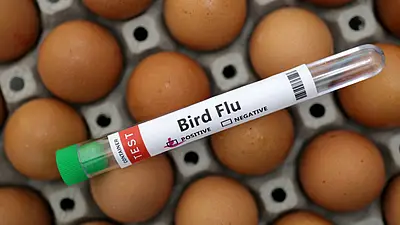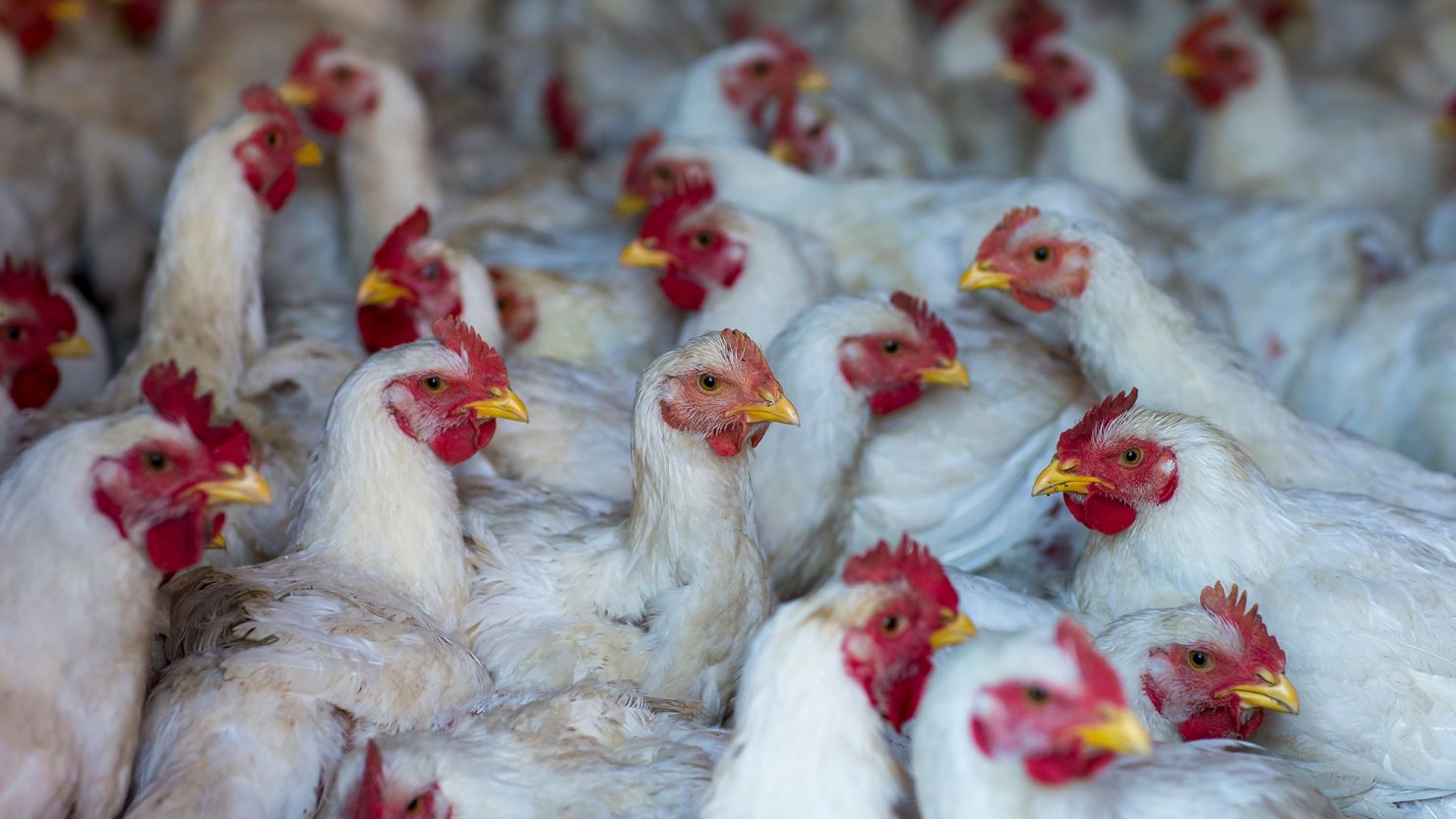"Bird Flu Resurgence in Telangana: Fear, Impact, and the Fight for Recovery"

The Shadow of Fear Returns: Bird Flu Strikes Poultry Farms in Telangana

Telangana, a land known for its vibrant culture and thriving poultry industry, now finds itself gripped by an invisible terror—bird flu. The sight of thousands of lifeless hens scattered across poultry farms has sent a wave of fear rippling through farmers, traders, and consumers alike. The once bustling farms, filled with the lively chatter of birds, now echo with an eerie silence.
The sudden deaths of poultry in various farms raised alarm, prompting authorities and scientists to step in swiftly. Samples of the deceased birds were sent for rigorous testing, and the worst fears were confirmed—avian influenza, commonly known as bird flu, had resurfaced. This revelation has rekindled memories of past outbreaks, when farmers bore heavy losses and consumers shied away from poultry products.
A Silent Invader in the Poultry Industry
Bird flu, caused by the avian influenza virus, spreads rapidly among birds, wreaking havoc on the poultry industry. It is not just an economic setback; it carries the potential to jump species, raising concerns of transmission to humans. Though rare, the possibility of a mutated strain affecting humans has always been a cause for concern among virologists and health experts.
In Telangana, the poultry industry is a backbone of the local economy, providing employment to thousands and supplying poultry products across the country. The outbreak has put the livelihoods of farmers at risk, and with it, the state’s standing as one of India’s leading poultry hubs is under threat.
Panic Among Poultry Farmers and Authorities’ Response
The moment the test results confirmed the presence of bird flu, authorities wasted no time in rolling out containment measures. The affected farms were cordoned off, strict biosecurity protocols were enforced, and culling operations were initiated to prevent further spread. Farmers, already struggling with rising feed costs and market fluctuations, are now left counting their losses, with tears in their eyes and uncertainty in their hearts.
Consumers, too, have started exercising caution. Chicken and egg sales have plummeted as fear overshadows reason, despite repeated assurances from health experts that properly cooked poultry poses no threat to humans. In local markets, the once lively bargaining scenes over chicken prices have turned into hushed conversations about the dangers of bird flu.

A Battle Between Fear and Science
Experts are working tirelessly to study the strain of the virus responsible for this outbreak. Veterinary scientists and epidemiologists are tracing the source, hoping to contain it before it spreads to more farms. The government is also stepping in with compensation packages for affected farmers, but for many, the fear of losing their entire livelihood outweighs any financial relief.
Public health officials are spreading awareness, urging people not to panic and to follow safety guidelines. Cooking chicken and eggs at high temperatures neutralizes the virus, they explain, but fear has a way of drowning out reason. Even as authorities assure that there is no immediate risk to human health, paranoia looms large.

Hope on the Horizon
History has shown that with proper containment, bird flu outbreaks can be managed. The resilience of Telangana’s poultry farmers has been tested before, and they have always bounced back stronger. Scientists are confident that with rigorous safety measures, vaccinations, and biosecurity protocols, the spread can be controlled.
As the state battles this crisis, the echoes of past outbreaks remind us that the poultry industry, though fragile, is also resilient. The coming weeks will determine how Telangana overcomes this challenge, but one thing remains certain—science, caution, and unity will pave the way forward. For now, the poultry farms stand in quiet anticipation, waiting for the day when the chirping of healthy birds will once again fill the air.
What's Your Reaction?

















